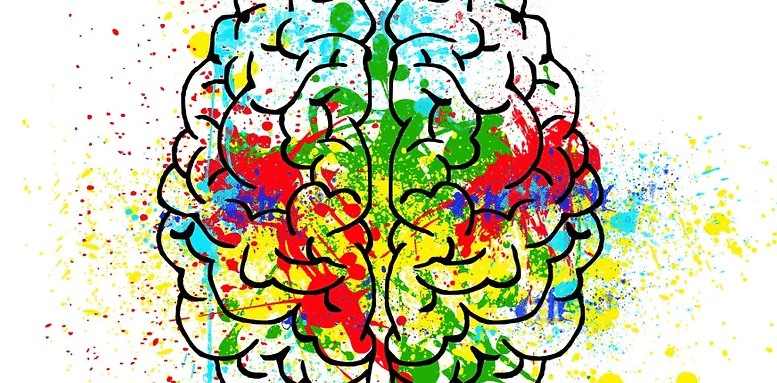How can a Growth Mindset support mental health?

We’ve already seen that developing a growth mindset’s can improve academic achievement, but can it support mental health too? In a study carried out by Jessica L.Schleider and John R.Weisz in 2017 where 1500 students took part in a 20-30 minute intervention, building knowledge of mindsets over 4 sessions, resulted in a significant reduction of depressive symptoms, compared to that of the control group. What’s more, these students noted how their depressive symptoms continued to decrease 9 months after the initial intervention took place, showing a lasting and sustainable impact of the intervention on the students’ mental health.
How does a fixed mindset effect my mental health?
When you look at the behaviours and characteristics of a fixed mindset, it is understandable how these traits can affect mental health. Many of these behaviours, thoughts and communications are negative by nature. Words like, ‘can’t, don’t and won’t’ are prevalent across the board. If someone is subjected to this negativity day in, day out, over time our brains wire themselves to believe them to be true. In almost a self-fulfilling prophecy, we become trapped by these limited beliefs that create emotions such as sadness, anxiety, stress, anger and frustration. As mentioned in previous blogs, we all feel a bit fixed from time to time – even the Grow Your Mindset team do! However, when we understand the power of change and that our thinking, behaviour and communications is down to choice, we can work on changing these feelings to be more positive and by developing a more growth orientated approach to life, we are able to cope with stress and anxiety better than those with more of a fixed mindset.

How does growth mindset effect my emotions?
Developing a growth mindset does not mean we suddenly become Dr. Happy. We don’t skip around, whistling and singing that life is wonderful everyday (although, please feel free to try this out). Actually, our emotions are based around 3 things. 1) 50% of our happiness is based on our DNA, we can blame our parents here. 2) Up to 10% is based around our influences and experiences. 3) Between 40%-50% is based on our own choices and actions, which is where growth mindset comes in to play. (Information from https://psychcentral.com/blog/5-reliable-findings-from-happiness-research)
Growth mindset allows you to manage emotions, whether they are positive or negative. The flipped thinking allows us to look at experiences and situations differently and to also accept negative emotions when they come and take time to address them. For example, “I’m feeling sad/ angry at the moment. That’s OK. Why is this? What do I need to do to change this?” With a growth mindset, we look for solutions to change the negativity to ensure we don’t stay there. In a further study by Schleider and Weisz, they discovered that those who demonstrated growth mindset traits or were involved in the growth mindset intervention, had less aggressive outbursts, than those with a fixed, showing a greater understanding of emotion control than their peers.
How can I improve my mental health?
There are a number of things you can try to improve your mental health and it isn’t a ‘one size fits all’ recipe. It is down to personal choice and a desire to change that matters. Growth mindset certainly can help, but there are a few other things you can try too. The NHS have developed 5 top tips to get your started. 1) Connect with people – we know this is tricky right now, but it doesn’t have to be face to face. A Zoom, a FaceTime or a phonecall are all great ways to connect. Emails and texts are less effective as they can be a bit emotionless and false. 2) Be physically active – this can be anything that gets you moving. Walking, jogging, tennis in the park, yoga, dancing, the choice is endless. Don’t make it a chore though, do something that makes you feel good and maybe even invite a family member to join you too. 3) Learn a new skill – this doesn’t have to be huge. Just something that maybe you’ve always fancied. Cooking a new dish, DIY projects or blogging. Don’t be tempted to get qualifications and enrol in a night course if it doesn’t interest you, make the activity as enjoyable as possible. 4) Give to others – this can be really powerful and enables your brain to release ‘feel-good’ chemicals too. Why not take that newly baked cake to a neighbour or family member? Write a card to someone or help out in the community somehow. Spreading a little kindness is a win win for everyone involved. 5) Pay attention to the moment – Mindfulness is a great way of doing this. Taking some quality time out to think about your current feelings, thoughts, how your body feels and the world around you can be extremely powerful. There are lots of apps and YouTube videos that can help you with this.








Responses